The Violoncellist King: Discovering the musical world of King Friedrich Wilhelm II (1744–1797) through his music libraries
Gastbeitrag von Alexander Nicholls The musical activities of Friedrich Wilhelm II of Prussia and his court, which were of great significance for Prussia’s cultural development, have been only partially examined by musical scholars and scarcely at all by historians. My doctoral research focuses on the violoncello performance practices of Friedrich Wilhelm as found in his personal performance materials […]

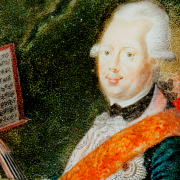 . Photo: Ⓒ Linn Ahlgren/Nationalmuseum
. Photo: Ⓒ Linn Ahlgren/Nationalmuseum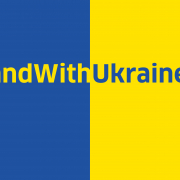
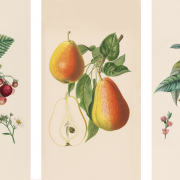
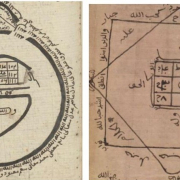 CC BY-NC-SA 4.0
CC BY-NC-SA 4.0![Covers of Jacques Noir’s books in the holdings of Staatsbibliothek zu Berlin: left –«Сквозь дымчатые стекла» (1922), [SBB: 426144]; right – «Прищуренный глаз» (1925), [SBB: 434371]. Center: portrait of the author, Iakov Oksner, from «Сегодня» [Segodnia], No. 113, 21 May 1927, National Library of Latvia. – Photos and collage: Katya Knyazeva](https://blog.sbb.berlin/wp-content/uploads/IntroREV-180x180.jpg) Ekaterina Knyazeva
Ekaterina Knyazeva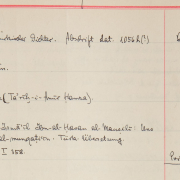 Foto: SBB-PK / CC BY-NC-SA
Foto: SBB-PK / CC BY-NC-SA